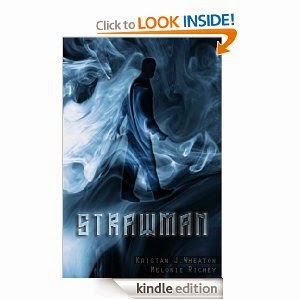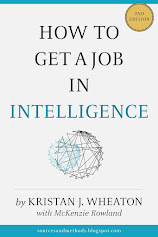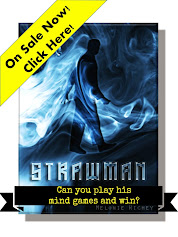 |
| Bayramtepe, Tekirdag, Turkey |
If this were a chance encounter, I would have said all 15 of them were just like me. But that couldn't have been further from reality.
None of the men knew each other before coming to Bayramtepe (a little town approximately three hours west of Istanbul) from Syria. They all had different stories regarding how they came to be there. Six of them had jobs in factories. The others did not work. Some were from Golan Heights, others from Damascus, Latakia and Aleppo. Some had been in Istanbul for just a month where others had been there upwards of a year.
 |
| Bayramtepe, Turkey |
What led me to Turkey is a long story about simulating refugee population movements, network analysis techniques and a distinct focus on the human geography of Turkey. Over the next several posts, I will seek to elaborate on the projects, the methods and the experiences that span the Syrian civil war and the role of social network analysis in intelligence analysis.
This first post, however, is about the people I met.
***
"What was a normal day like for you?," I asked.
A man who had been with the FSA the longest answered in broken English, "We mostly fought Hezbollah in Damascus. They were our main opposition. We lived normal lives, generally. Wake up, eat something, but sometimes, most days, we had to fight."
"Do you think you will ever go back to Syria?," I continued.
A shorter man with large green eyes who spoke the best English replied, "When al-Qaeda leaves, I will go back!"
Another man piped up from the corner in Arabic.
"He says he could care less about al-Qaeda, but when Assad is gone, he will once again return to Syria," my translator told me.
The men all laughed.
"What did they say now," I asked.
"That you should deliver the message to President Obama," my translator replied.
Another man piped up from the corner in Arabic.
"He says he could care less about al-Qaeda, but when Assad is gone, he will once again return to Syria," my translator told me.
The men all laughed.
"What did they say now," I asked.
"That you should deliver the message to President Obama," my translator replied.
***
These are only a few of the people and only one of the encounters that occurred during my recent trip to Turkey to interview Syrian refugees in the outskirts of Istanbul. A collector of stories, I spoke with 20 families and over 100 individuals in just three days, including defected Syrian military fighters, the directors of two independent Syrian refugee organizations, self-identified members of Al Qaeda as well as the Free Syrian Army fighters mentioned in this post.
We told part of the story in our most recent article, The Potential Of Social Network Analysis In Intelligence, which we published online in the e-International Relations magazine and OODALoop.
But there is much more.
Next: Turkey Redrawn: Ethnolinguistic Lines And Populations In Transit






